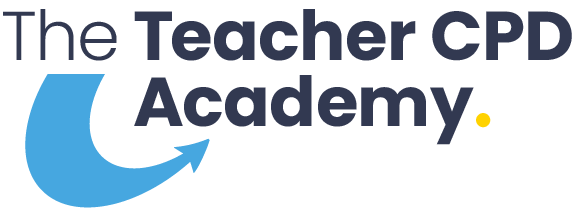Studying With The Brain in Mind.
In this course we will be looking at how to use your brain effectively and efficiently in your studies.
Write your awesome label here.
Course Content
Course Content
Before we start
Before We Start
3 things you need for this course
Write your awesome label here.
Welcome to the course
Write your awesome label here.
Multi-Tasking
Multi-Tasking
Multi-Tasking is a Myth
Write your awesome label here.
The Cost of Multi-Tasking (PDF)
What Do You Try to Multi-Task?
Write your awesome label here.
The Mobile Phone Experiment
Write your awesome label here.
Managing Your Mobile Phone
Write your awesome label here.
Are You Addicted To Your Phone?
The Cost of Being On Your Phone Too Much
How to Manage Your Mobile Phone
Memory
Memory
Why We Forget Things
Write your awesome label here.
Chunking Information
Write your awesome label here.
3 Good Ways To Revise
Write your awesome label here.
The Best Ways to Improve Memory (PDF)
Applying This To Your Studying
Write your awesome label here.
Procrastination
Procrastination
Your Brain Only Has So Much Battery Power Each Day
Write your awesome label here.
Do The Hard Task Early
Write your awesome label here.
5 Reasons To Do The Hard Task Early (PDF)
Other Ways to Overcome Procrastination
Write your awesome label here.
7 Ways to Overcome Procrastination
Sleep
Sleep
Sleep Myths vs Facts
Write your awesome label here.
How Much Sleep You Need vs How Much Sleep You're Getting
Write your awesome label here.
The Benefits of Sleep (PDF)
The Most Common Sleep Mistakes
Write your awesome label here.
9 Common Sleep Mistakes
Coping with stress
Coping with stress
The Uncertainty Experiment
Write your awesome label here.
Why A Little Stress is Good (PDF)
How to Cope With Stress
Write your awesome label here.
How to Manage Your Stress
Self reflection post course
Self reflection post course
Post course self reflection quiz
Congratulations!
You have finished the Studying With The Brain in Mind course.

Created by InnerDrive, a UK based company delivering high-quality training, based on Cognitive Science research.
Please fill the form in below and we will get back to you as soon as we can. We look forward to hearing from you!
Please fill the form in below and we will get back to you as soon as we can. We look forward to hearing from you!
Please fill the form in below and we will get back to you as soon as we can. We look forward to hearing from you!
Please fill the form in below and we will get back to you as soon as we can. We look forward to hearing from you!
Write your awesome label here.
Cognitive Load Theory
Cognitive Load Theory highlights that all information first has to go through our working memory, which has a limited capacity. Too much information can overload students' brain, which can hinder or even completely halt transfer to their long-term memory – which is where learning happens.
